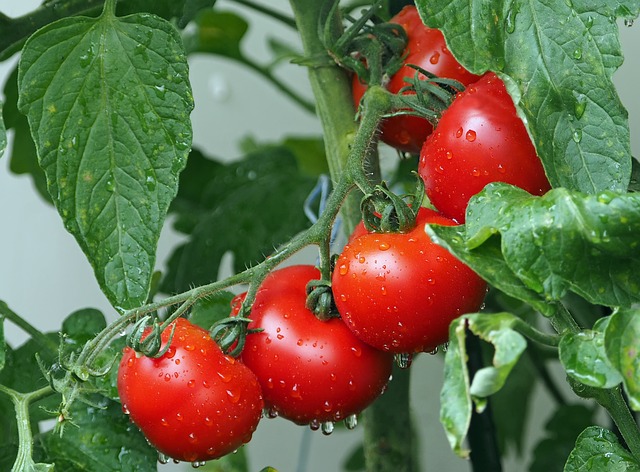Urban Gardening in the Crisis Conjuncture
DOI:
https://doi.org/10.31273/eirj.v4i1.155Abstract
Urban gardening finds itself at a juncture – not only are crises caused and exacerbated by the industrial food system urgently demonstrating the need for more localised, sustainable, and democratically-determined food systems, but alternative food movements are increasingly negotiating crises of their own. Critical Foodscapes was a one-day conference part-funded by Warwick’s Institute of Advanced Study (IAS) and the Food GRP. The conference was put together with the intention of bringing a ‘critical studies’ approach to the emerging research area of urban community food growing; namely, to put critical – but constructive – pressure on some of the assumptions which underlie current theory and practice of the various forms of urban food growing. This article offers some reflections on the conference itself as well as on the prospects for urban gardening more generally.Downloads
References
Dixon, J. (2016), ‘Critical nutrition studies within critical agrarian studies: a review and analysis’, The Journal of Peasant Studies, 0(0), 1–9, https://doi.org/10.1080/03066150.2016.1198513.
Holt-Giménez, E. (2016), ‘Food movements, climate resilience, social change’, TEDxBerkeley Talks, https://www.youtube.com/watch?v=fX9dV9zCN-A.
Pimbert, M. P. (2006), Transforming knowledge and ways of knowing for food sovereignty, London: IIED.

Downloads
Published
Issue
Section
License
Authors who publish with this journal agree to the following terms:
Authors retain copyright and grant the journal right of first publication with the work simultaneously licensed under a Creative Commons Attribution License (CC-BY), which permits use and redistribution of the work provided that the original author and source are credited, a link to the license is included, and an indication of changes which were made. Third-party users may not apply legal terms or technological measures to the published article which legally restrict others from doing anything the license permits.
If accepted for publication authors’ work will be made open access and distributed under a Creative Commons Attribution (CC-BY) license unless previously agreed with Exchanges’ Editor-in-Chief prior to submission.
Authors are able to enter into separate, additional contractual arrangements for the non-exclusive distribution of the journal's published version of the work (e.g., post it to an institutional repository or publish it in a book), with an acknowledgement of its initial publication in this journal.
Authors are permitted and encouraged to post their work online (e.g., in institutional repositories or on their website) prior to and during the submission process, as it can lead to productive exchanges, as well as earlier and greater citation of published work. (see: The Effect of Open Access)
